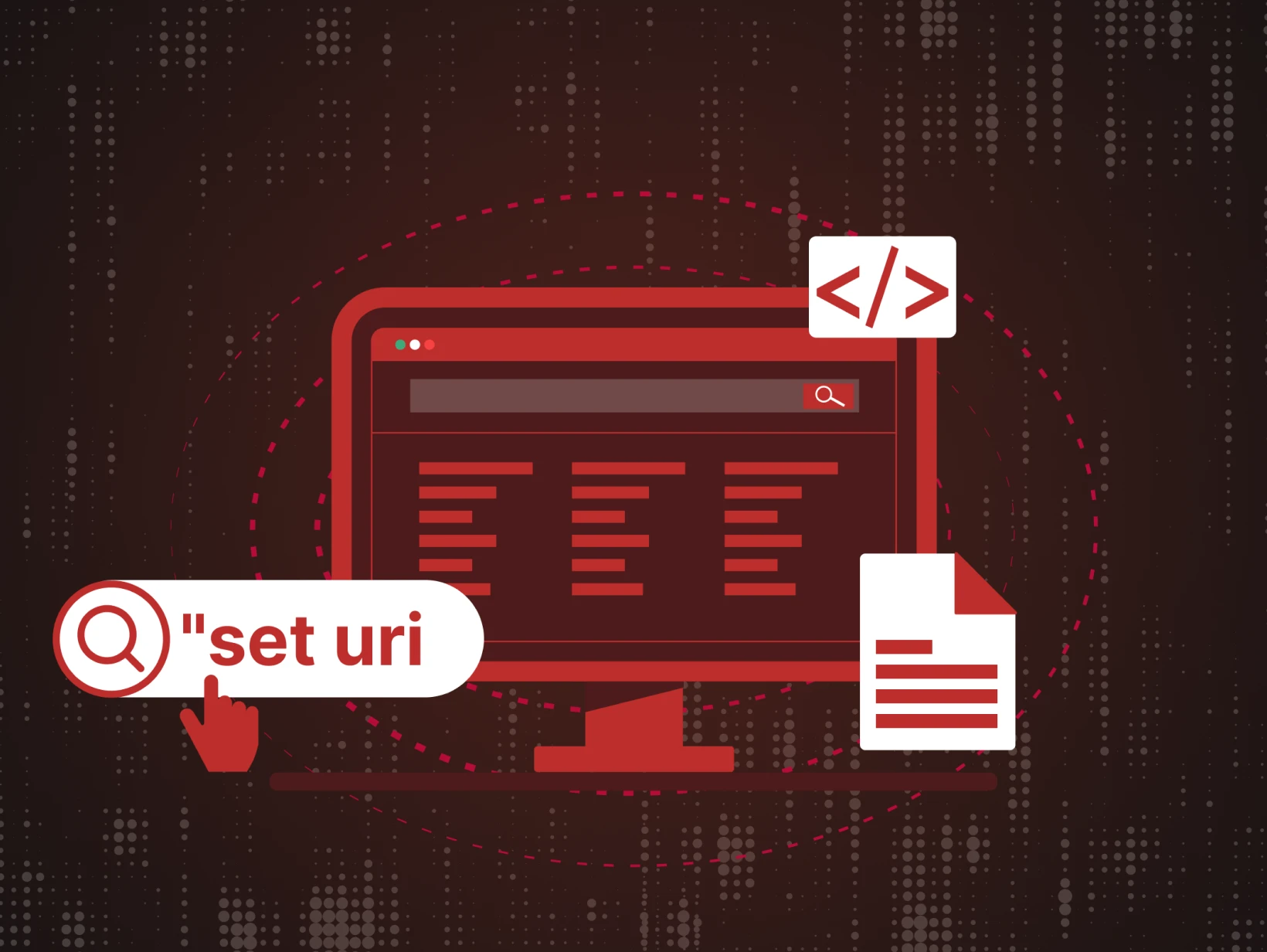Covenant: A Powerful Open-Source Alternative to Cobalt Strike with Advanced Command Line Usage

By Shanu Mathew | Cybersecurity Consultant | Brutnow security lab
In the realm of cybersecurity, Cobalt Strike has become a gold standard for adversary simulation and red teaming. However, its commercial license, high price, and frequent misuse have pushed ethical hackers and researchers to seek open-source alternatives.
One powerful and legitimate alternative is Covenant — a .NET-based post-exploitation command and control (C2) framework developed by Ryan Cobb and maintained by the SpecterOps team.
This article explores Covenant as a free alternative to Cobalt Strike and demonstrates advanced command-line usage for real-world red team operations and learning purposes.
🔍 What Is Covenant?
Covenant is a modern .NET C2 framework for red teamers, penetration testers, and researchers. It supports multi-user collaboration, HTTP/HTTPS communication, PowerShell execution, and a web-based interface backed by .NET Core.
Key Features:
- Multi-user support
- Dynamic command execution via CLI or web
- Advanced payload generation (.NET Assemblies, EXEs, DLLs)
- Integration with tools like SharpSploit, PowerShell Empire
- Support for obfuscation and evasion techniques
- Real-time interactive session control
🛠️ Installation in Parrot OS
To run Covenant on Parrot OS (or any Linux-based system), you’ll need to install it using Docker or through Mono/.NET Core.
Docker Installation:
git clone https://github.com/cobbr/Covenant
cd Covenant/Covenant
docker build -t covenant .
docker run -p 7443:7443 covenant
Access it at:
https://localhost:7443
(Use default creds or set custom credentials)
⚙️ Advanced Command Line Usage in Covenant
Covenant allows deep control through a web-based Command Console that simulates CLI-like behavior. Below are examples of common advanced commands used in post-exploitation:
🔐 1. Privilege Escalation
Invoke-PrivEsc
This executes built-in enumeration scripts to identify privilege escalation vectors (via token impersonation, vulnerable services, etc.).
🗃️ 2. Credential Dumping (Mimikatz Module)
Invoke-Mimikatz -Command "privilege::debug sekurlsa::logonpasswords"
Extracts credentials from memory — similar to Cobalt Strike’s creds module.
📡 3. Reverse Shell Callback
New-Launcher -ListenerName "HTTPListener" -PayloadType "PowerShell" -Command
Generates obfuscated PowerShell code to establish reverse connections.
🕵️ 4. Process Injection
Invoke-Assembly -AssemblyName SharpSploit -Namespace SharpSploit.Execution -ClassName ShellcodeInjection -MethodName Run
Injects shellcode into remote processes — similar to inject in Cobalt Strike.
🧬 5. Lateral Movement via WMI
Invoke-WmiExec -Target "10.10.10.5" -Command "whoami"
Executes commands on a remote machine using WMI without writing to disk.
⚡ Covenant vs. Cobalt Strike: Quick Comparison
| Feature | Cobalt Strike | Covenant |
|---|---|---|
| License | Commercial ($3k+) | Open Source (Free) |
| Collaboration | Multi-user | Multi-user |
| Payload Obfuscation | Built-in | Manual/Custom |
| Language | Java-based | .NET Core (C#) |
| Learning Use | Risky (blacklisted) | Safer for practice |
🧠 Final Thoughts
Covenant is a legitimate, powerful alternative to Cobalt Strike, especially for those who:
- Cannot afford commercial licensing
- Want to avoid piracy or blacklisted tools
- Need a red team lab in Parrot OS
- Are building cybersecurity architecture portfolios
By mastering Covenant’s command-line-based modules, you can gain real-world red teaming skills, while staying legal, safe, and educational. Use it wisely — always in a lab or with authorized engagements only.
Brutnow review |Technology |Cybersecurity





